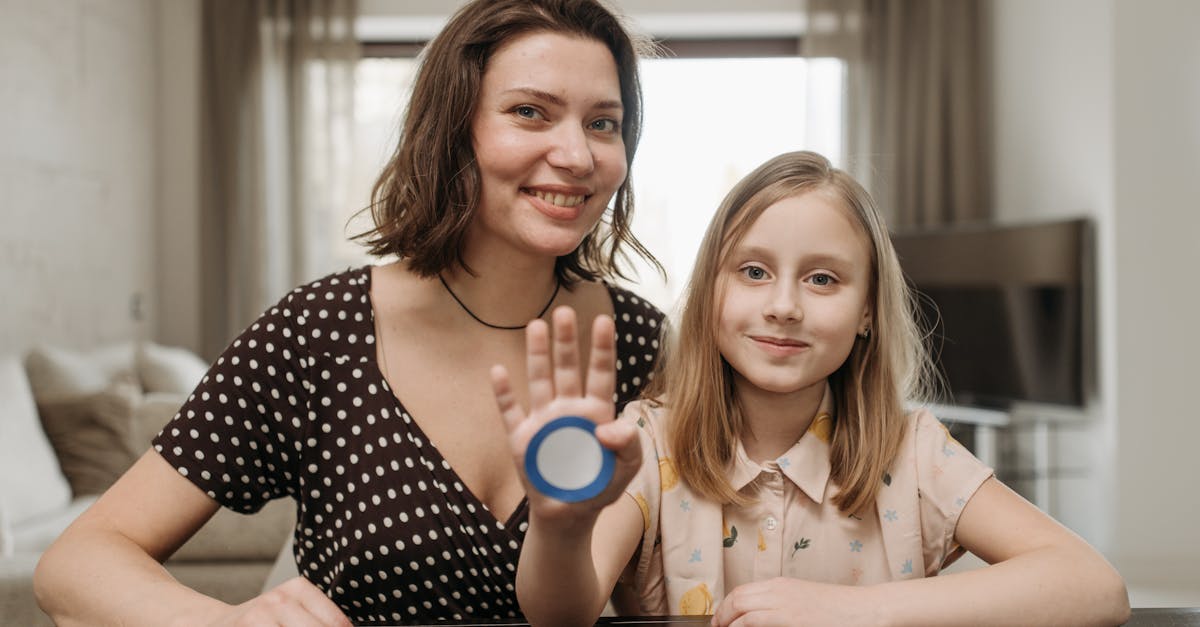Breakthrough Home Health Trends 2025
Introduction
Home health care is set to revolutionize how we approach well-being by 2025. Emerging trends are redefining patient care, focusing on personalized, preventive solutions from the comfort of our homes. With advancements in technology, patients can now access medical expertise and treatments without visiting a clinic. This shift not only increases convenience but also enhances the quality of care available to individuals. The integration of smart technology, AI diagnostics, and virtual consultations is becoming the norm. As we delve into these trends, it becomes clear that the future of health care at home is both promising and transformative.
Advertisement
The Rise of Telemedicine
Telemedicine has emerged as a cornerstone of modern home health care. With high-definition video calls, patients can consult specialists globally as if they were in the same room. This accessibility reduces travel time, allows for quicker consultations, and is effective in managing chronic conditions. Moreover, mobile applications provide real-time health data sharing, ensuring proactive treatments. Telemedicine has made expert advice attainable for those in remote areas, bridging geographical gaps in care. As this trend continues to gain momentum, it plays a significant role in democratizing health care access.
Advertisement
AI-Powered Health Monitoring
Artificial Intelligence (AI) is reimagining home health care with intelligent devices capable of continuous patient monitoring. Wearable sensors and smart home systems now detect irregularities in health metrics and alert caregivers or medical professionals immediately. These AI-driven insights allow for more personalized treatment plans, identifying potential health threats before they escalate. Furthermore, AI algorithms can learn individual behaviors and patterns, providing tailored interventions. This technology is pivotal in managing conditions like diabetes and hypertension, enhancing patient safety and well-being.
Advertisement
Smart Homes Turned Health Hubs
The advent of smart home technology is pivotal in improving health care at home. From voice-activated reminders for medication to intelligent air quality monitors, homes are becoming integral to health support. Smart lighting adapts to a person's circadian rhythms, promoting better sleep and mental health. Environment sensors can detect hazards, aiding individuals with mobility issues. This interconnectivity transforms living spaces into health-enhancing hubs, offering comprehensive support without the need for constant medical attention. Improving daily life seamlessly integrates with ensuring health, a trend rapidly gaining traction.
Advertisement
Remote Therapeutic Services
Therapies ranging from physical to psychological are becoming increasingly available at home. Virtual reality (VR) tools and online psychotherapy sessions cater to diverse therapeutic needs, offering immersive treatment from familiar settings. This development enhances recovery and adherence to therapeutic programs. Remote physiotherapy applications provide guided exercises, while VR environments assist in cognitive behavioral therapy. Accessing such therapies remotely reduces barriers and stigma around seeking help, emphasizing patient empowerment and engagement. As these treatments become standard practice, they redefine accessibility to quality health care.
Advertisement
Genetic Testing at Home
Genetic testing is no longer limited to lab visits; home kits provide valuable insights into genetic predispositions. Such tests enable patients to personalize their preventive care measures based on genetic traits. With advanced data analytics, these kits offer insights into potential health risks and suitable lifestyle modifications. Personalized medicine optimizes treatment effectiveness, propelling us toward a future of truly tailored health care solutions. As privacy concerns are addressed, these tests become crucial in embracing proactive health management strategies at home.
Advertisement
Digital Health Assistants
Digital assistants equipped with health-care functionalities are reshaping patient support. These AI-driven bots provide medication reminders, track health updates, and offer first-tier medical advice. By leveraging natural language processing, they interpret user input and offer prompt, appropriate responses. For those with chronic conditions, digital assistants become indispensable partners in maintaining medication regimens and overall health. They also integrate with family planning apps and personal fitness goals, aligning health care with broader life objectives. Ensuring accuracy and reliability, these digital health servants become a staple in every home.
Advertisement
Emphasizing Mental Health
As mental health issues gain recognition, home health care systems are incorporating mental well-being as a priority. Virtual therapy, meditation apps, and community support networks are integrating into the home environment. These resources promote mental resilience, facilitating preventive care and early intervention. Interactive platforms create spaces where individuals can share experiences and strategies for managing stress and anxiety. Prioritizing mental well-being ensures comprehensive care integration, catering to physical and emotional health concurrently. The compounded effect of inclusive health systems advances the overall quality of life.
Advertisement
Cyber Security in Home Health
As the reliance on digital tools in health care increases, securing sensitive data becomes paramount. Home health systems are implementing advanced cyber security measures to protect personal information. Encryption protocols and multi-factor authentication safeguard patient data from unauthorized access. Regular software updates ensure that systems remain secure against emerging threats. Educating users on best practices for cyber hygiene also forms a crucial part of secure health care delivery. By focusing on security, patients can confidently adopt digital health solutions, knowing their data is protected.
Advertisement
Conclusion
The home health trends of 2025 are not only reinventing patient care but are also enhancing overall lifestyles. Telemedicine, AI advancements, and smart home devices represent significant strides towards more accessible and comprehensive care. By personalizing treatment, integrating mental health, and ensuring security, these innovations prioritize well-being from the comfort of one's home. The convergence of technology and health care is generating a collaborative environment where the focus shifts to preventive, patient-centered solutions. As these trends come to fruition, they promise a future where home is the ultimate health sanctuary.
Advertisement







